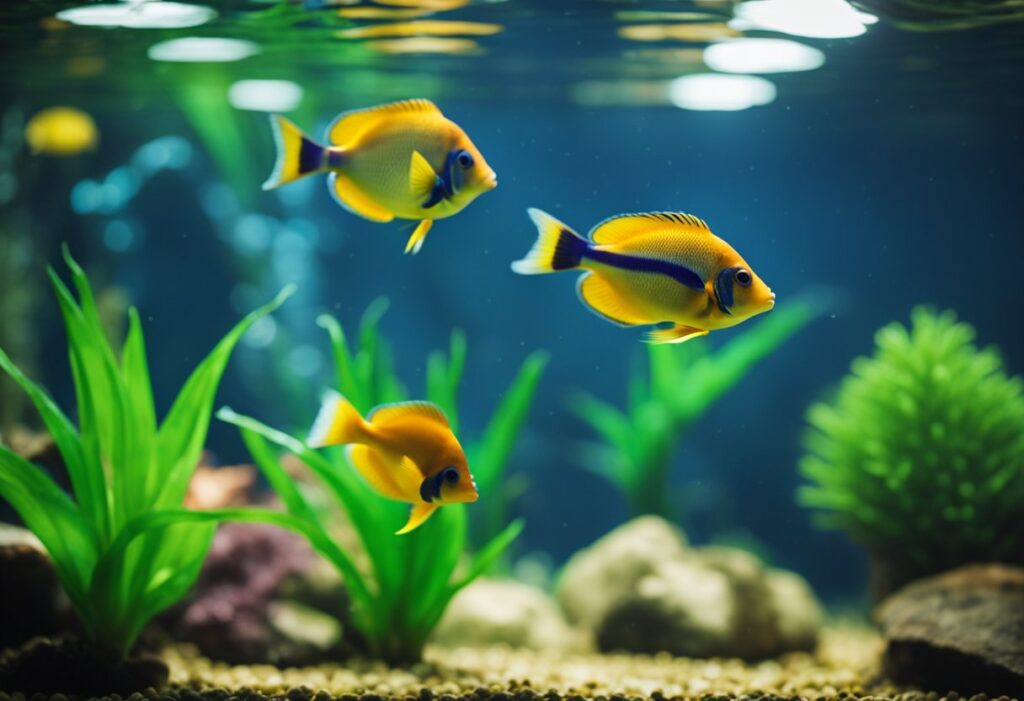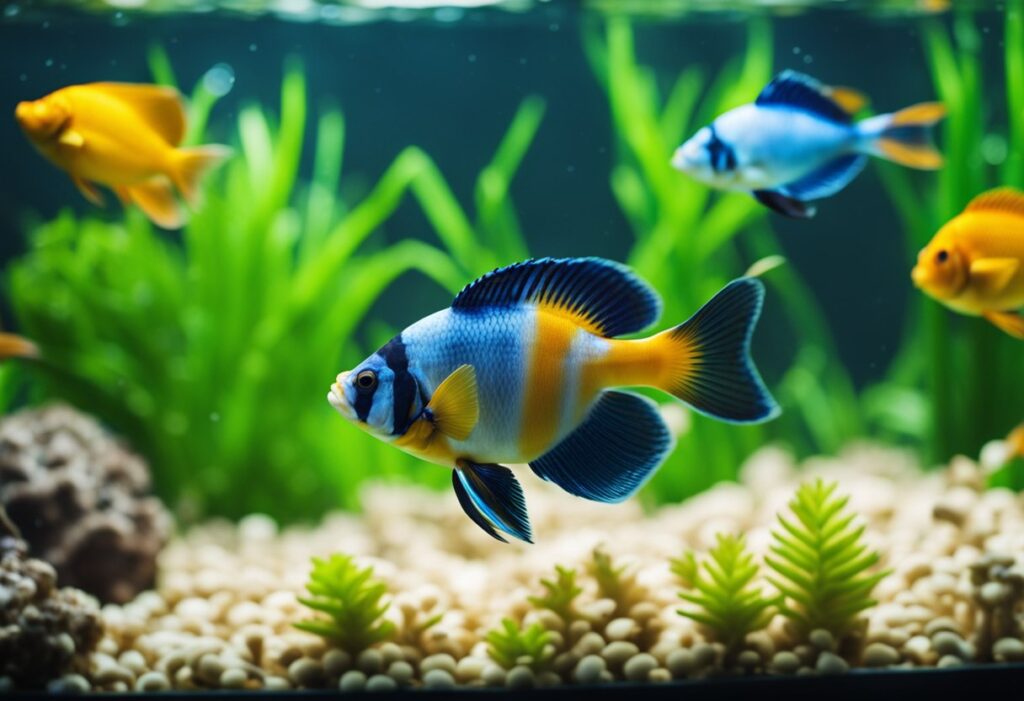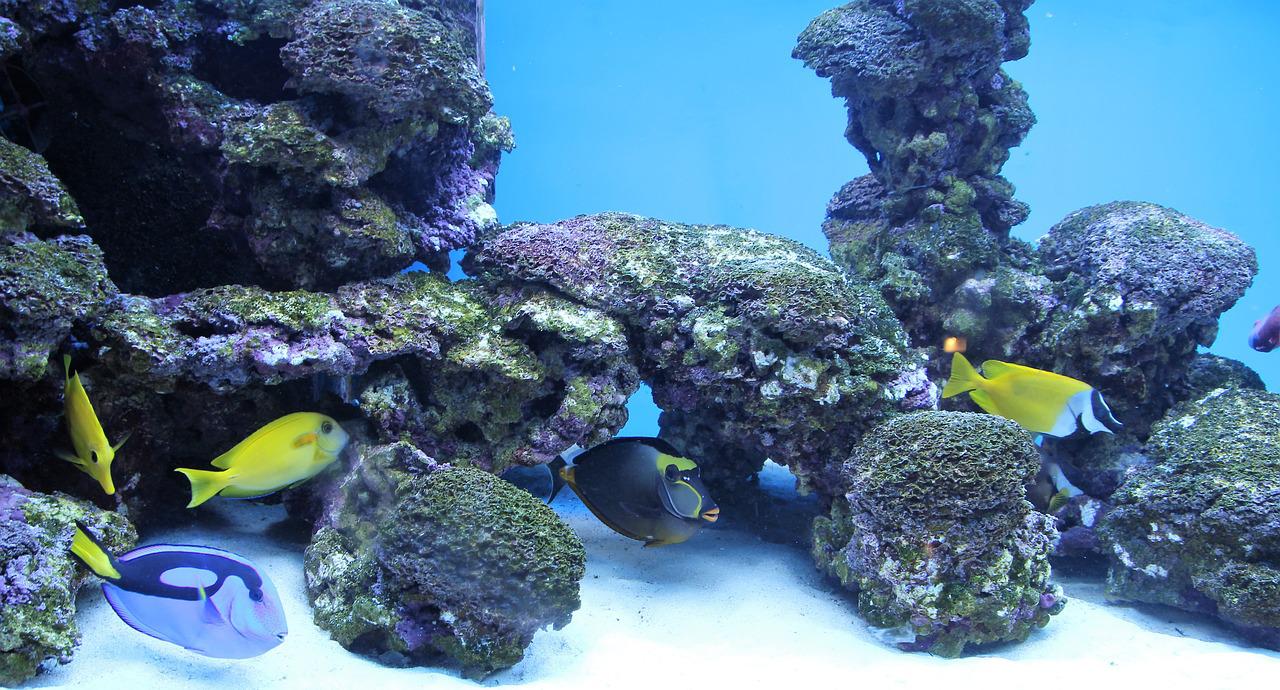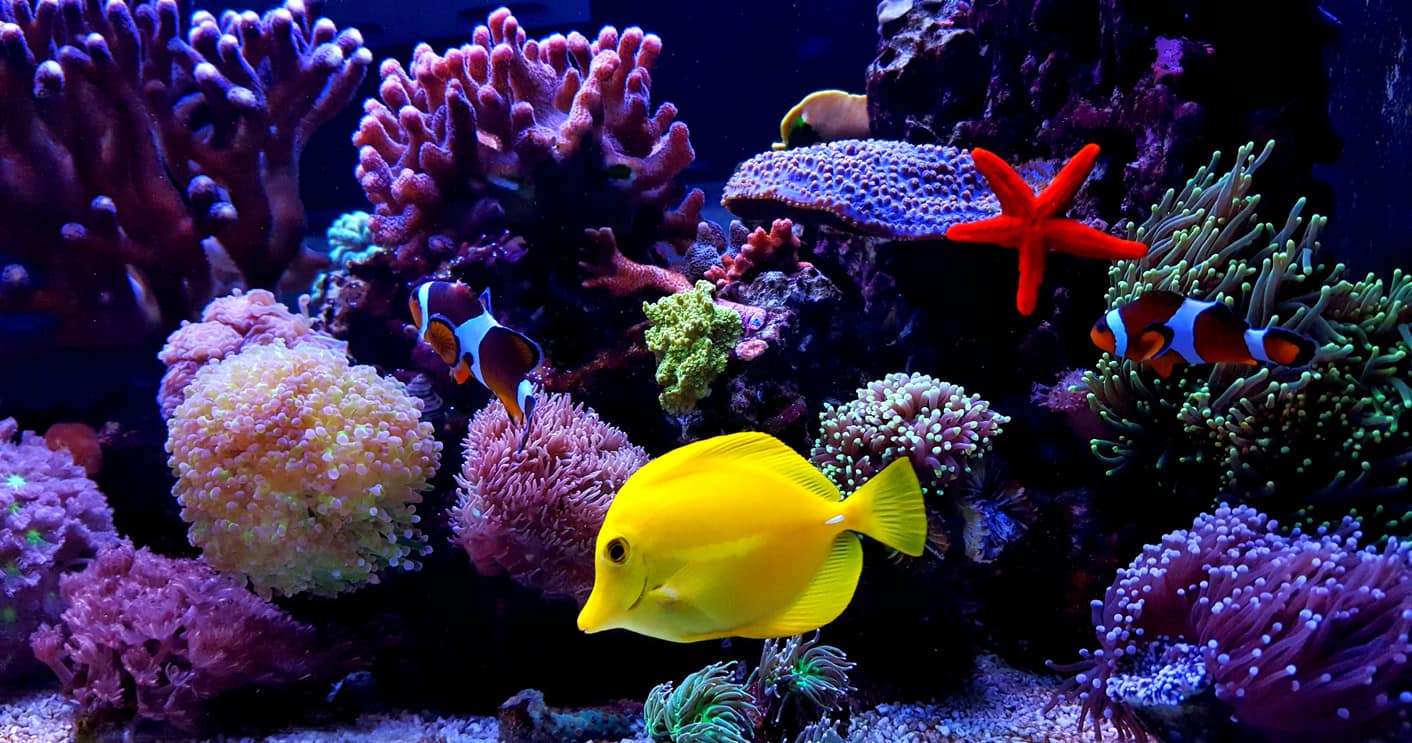Fish Care Tips: How to Take Care of Your Pet Fish
Fish are a popular choice for pets due to their low maintenance and calming presence. However, taking care of fish requires more than just feeding them once a day. Proper fish care involves understanding their environment, feeding habits, and potential health issues. In this article, we will explore fish care tips to ensure your aquatic pets live a healthy and happy life.

One of the first things to consider when taking care of fish is their tank environment. Fish require a specific water temperature, pH level, and filtration system to thrive. It’s important to research the specific needs of your fish species and set up their tank accordingly. Additionally, adding decorations and plants can provide a more natural environment for your fish and reduce stress.
Feeding your fish is another crucial aspect of fish care. Overfeeding can lead to health issues such as obesity and poor water quality. It’s important to provide a balanced diet and monitor how much your fish are consuming. In addition to commercial fish food, some species may require live or frozen food for optimal health. By following these fish care tips, you can ensure your aquatic pets live a long and healthy life.
Choosing the Right Fish as Pets

Understanding Different Fish Species
Before choosing a fish as a pet, it is important to understand the different species available in the market. There are freshwater and saltwater fish, and each has its own unique characteristics and requirements. Some species are more suitable for beginners, while others require more advanced care.
Freshwater fish are generally easier to care for and are a good choice for first-time fish owners. Popular freshwater fish include goldfish, betta fish, guppies, and tetras. Saltwater fish, on the other hand, require more specialized equipment and care. Some popular saltwater fish include clownfish, angelfish, and tangs.
It is also important to consider the size of the fish and the size of the tank needed to accommodate them. Some fish can grow quite large and require a large tank, while others are small and can be kept in smaller tanks. Researching the specific needs of each fish species is crucial to ensure they are properly cared for.
Considerations for Pet Fish Selection
When selecting a fish as a pet, there are several factors to consider. It is important to choose a fish that is healthy and active, with clear eyes and no signs of disease or injury. It is also important to consider the compatibility of different fish species, as some may not get along with others.
Another consideration is the level of care required for each species. Some fish require more frequent water changes, specialized diets, and specific water conditions. It is important to choose a fish that fits within the owner’s lifestyle and level of commitment.
Overall, choosing the right fish as a pet requires careful consideration and research. By understanding the different species available and their unique needs, owners can provide the best care for their fish and ensure they thrive in their new home.
Comprehensive Fish Care Tips
Creating a Suitable Habitat
When it comes to creating a suitable habitat for fish, there are a few things to keep in mind. First, it’s important to choose the right size tank for the type and number of fish you plan to keep. A larger tank will provide more room for fish to swim and reduce the risk of overcrowding.
Next, consider the type of substrate you’ll use on the bottom of the tank. Gravel or sand is a popular choice, but make sure it’s not too coarse or sharp, which can injure fish. Live plants can also be added to the tank, which provide oxygen and a natural environment for fish.
It’s also important to maintain the water quality in the tank. This can be achieved through regular water changes, use of a filter, and testing the water regularly for pH, ammonia, and nitrite levels.
Feeding Fish Properly
Feeding fish properly is essential for their health and well-being. Fish should be fed a balanced diet that includes a variety of foods, such as flakes, pellets, and frozen or live foods.
It’s important not to overfeed fish, as this can lead to health problems and poor water quality. A good rule of thumb is to feed fish only what they can consume in a few minutes, once or twice a day.
Maintaining Fish Health
Maintaining fish health is crucial for their longevity. Regular observation of fish behavior and appearance can help detect any potential health issues early on.
It’s important to provide a stress-free environment for fish, which can be achieved through proper tank size, water quality, and suitable tank mates. Quarantining new fish before introducing them to the main tank can also prevent the spread of disease.
In case of illness, it’s important to seek advice from a veterinarian who specializes in fish health. Medications should only be used as directed and with caution, as some can harm beneficial bacteria in the tank and lead to further health problems.





















